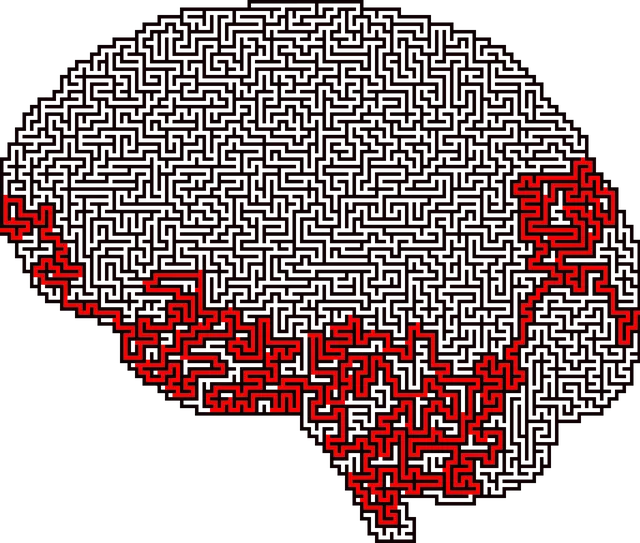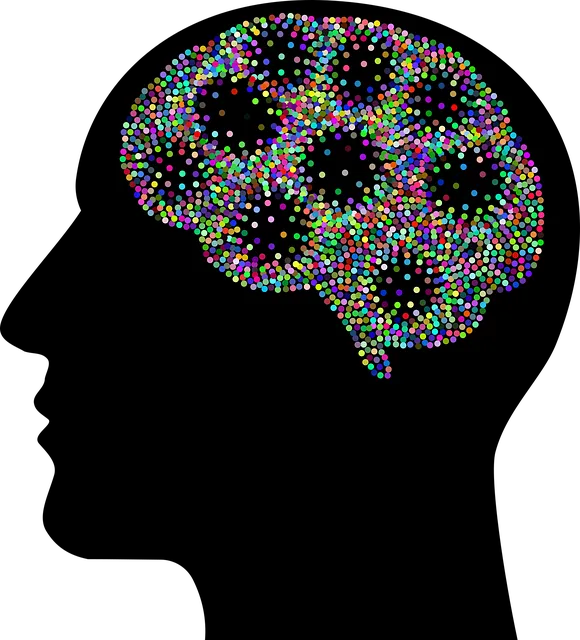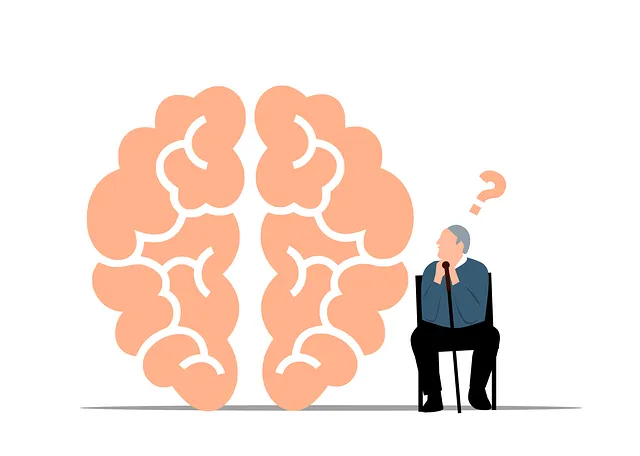Lone Tree Kaiser Permanente leverages advanced mental health data analysis to provide personalized, effective care. By collecting and interpreting patient demographics, diagnoses, treatments, and outcomes using EHRs, AI, and machine learning, they identify trends and disparities. This approach improves patient engagement, addresses challenges, and fosters a culturally competent environment. The integration of technology enhances data management, enabling early detection and personalized treatment plans. Ethical considerations protect patient privacy, while initiatives like the Mental Wellness Podcast Series encourage open conversations about mental health. These efforts aim to revolutionize care, making it more accessible and tailored to individual needs in Lone Tree Kaiser Permanente.
Mental health data analysis has emerged as a powerful tool for understanding and enhancing patient care, particularly within healthcare institutions like Lone Tree Kaiser Permanente. This article delves into the comprehensive overview of gathering and interpreting mental health data using advanced technology. We explore real-world applications at Lone Tree Kaiser Permanente, demonstrating how data-driven insights can improve patient outcomes. Additionally, ethical considerations and future trends in this field are discussed, highlighting the importance of responsible mental health data analysis.
- Understanding Mental Health Data: A Comprehensive Overview
- The Role of Technology in Collecting and Analyzing Mental Health Data
- Interpreting Data to Improve Patient Care at Lone Tree Kaiser Permanente
- Ethical Considerations and Future Directions in Mental Health Data Analysis
Understanding Mental Health Data: A Comprehensive Overview

Understanding Mental Health Data is a complex yet essential process, especially for organizations like Lone Tree Kaiser Permanente focused on providing quality mental healthcare services. This involves meticulously analyzing various data points to gain insights into patient populations, treatment efficacy, and system-level performance. The journey begins with collecting comprehensive data, encompassing demographic information, diagnosis codes, treatment modalities, and patient outcomes. These data sources provide a foundation for in-depth analysis.
Through sophisticated statistical methods and data visualization techniques, healthcare professionals can identify trends, patterns, and correlations within the mental health landscape. For instance, analyzing patient demographics can reveal disparities in access to care, while comparing treatment outcomes can highlight successful interventions. Lone Tree Kaiser Permanente leverages such insights to tailor services, improve patient engagement, and address emerging mental health challenges. This data-driven approach ensures that the healthcare provider remains at the forefront of delivering culturally competent care (Healthcare Provider Cultural Competency Training), fostering strong social skills (Social Skills Training), and preventing burnout among its team members—all crucial aspects for an effective mental health care system.
The Role of Technology in Collecting and Analyzing Mental Health Data

The integration of technology into mental healthcare has transformed how we collect and analyze data related to mental health at Lone Tree Kaiser Permanente and beyond. Digital tools like electronic health records (EHRs) and specialized software applications enable efficient documentation, storage, and retrieval of patient information. This streamlined process enhances the accuracy and accessibility of data, facilitating more informed decision-making by healthcare providers.
Moreover, advancements in artificial intelligence (AI) and machine learning are revolutionizing mental health analysis. These technologies can identify patterns and trends within large datasets, supporting early detection of mental health issues and personalizing treatment plans. For instance, AI algorithms can process vast amounts of patient data, including textual narratives and voice recordings, to assess symptoms and predict outcomes with impressive accuracy. This not only improves clinical efficiency but also fosters the development of targeted Mental Wellness Coaching Programs and enhances overall Mental Health Awareness by empowering individuals to take charge of their mental well-being. Additionally, incorporating Cultural Sensitivity in Mental Healthcare Practice ensures that data analysis respects and incorporates diverse cultural perspectives, thereby improving the effectiveness and accessibility of care for all patients.
Interpreting Data to Improve Patient Care at Lone Tree Kaiser Permanente

At Lone Tree Kaiser Permanente, mental health data analysis plays a pivotal role in enhancing patient care. By interpreting trends and patterns within the collected data, healthcare professionals gain invaluable insights into the unique needs and challenges faced by their patients. This data-driven approach allows for more personalized treatment plans that cater to individual experiences and circumstances. For instance, analyzing trends in self-care practices among patients can reveal areas where intervention or additional support is required. By understanding the prevalence of positive thinking and the application of Mind Over Matter principles within their patient population, healthcare providers can adapt services to better equip individuals with tools for managing mental health proactively.
Such analysis also enables the identification of emerging issues and risk factors specific to the Lone Tree community. This proactive approach ensures that mental health resources are allocated effectively, enabling early intervention and improved patient outcomes. Through continuous data interpretation, Lone Tree Kaiser Permanente remains committed to refining its services, fostering a culture of holistic well-being, and ultimately enhancing the lives of those it serves.
Ethical Considerations and Future Directions in Mental Health Data Analysis

As mental health data analysis continues to evolve, ethical considerations become increasingly vital. Protecting patient privacy and ensuring informed consent are paramount, especially with the sensitive nature of mental health information. Organizations like Lone Tree Kaiser Permanente are at the forefront of this, implementing stringent data security measures to safeguard patient records. The interpretation of mental health data also demands cultural sensitivity, as mental wellness perceptions vary across diverse populations. This requires analysts to be adept in understanding and mitigating potential biases, ensuring equitable access to care.
Future directions in this field look promising with advancements in technology. The integration of artificial intelligence and machine learning can enhance data-driven interventions, personalizing treatment plans based on individual needs. Moreover, initiatives like the Mental Wellness Podcast Series Production and Mental Wellness Journaling Exercise Guidance can foster open conversations about mental health, encouraging individuals to take an active role in their wellness. These innovative approaches, coupled with rigorous ethical guidelines, hold the potential to revolutionize mental healthcare, making it more accessible, effective, and tailored to each person’s unique journey towards stress reduction methods and improved mental wellness.
Mental health data analysis plays a pivotal role in enhancing patient care, as evidenced by the successful implementation at Lone Tree Kaiser Permanente. By leveraging technology and adopting ethical practices, healthcare providers can gain valuable insights from mental health data to improve diagnosis and treatment plans. As the field progresses, continued research and collaboration are essential to address ethical considerations and ensure that data analysis benefits all aspects of mental healthcare for the better.






